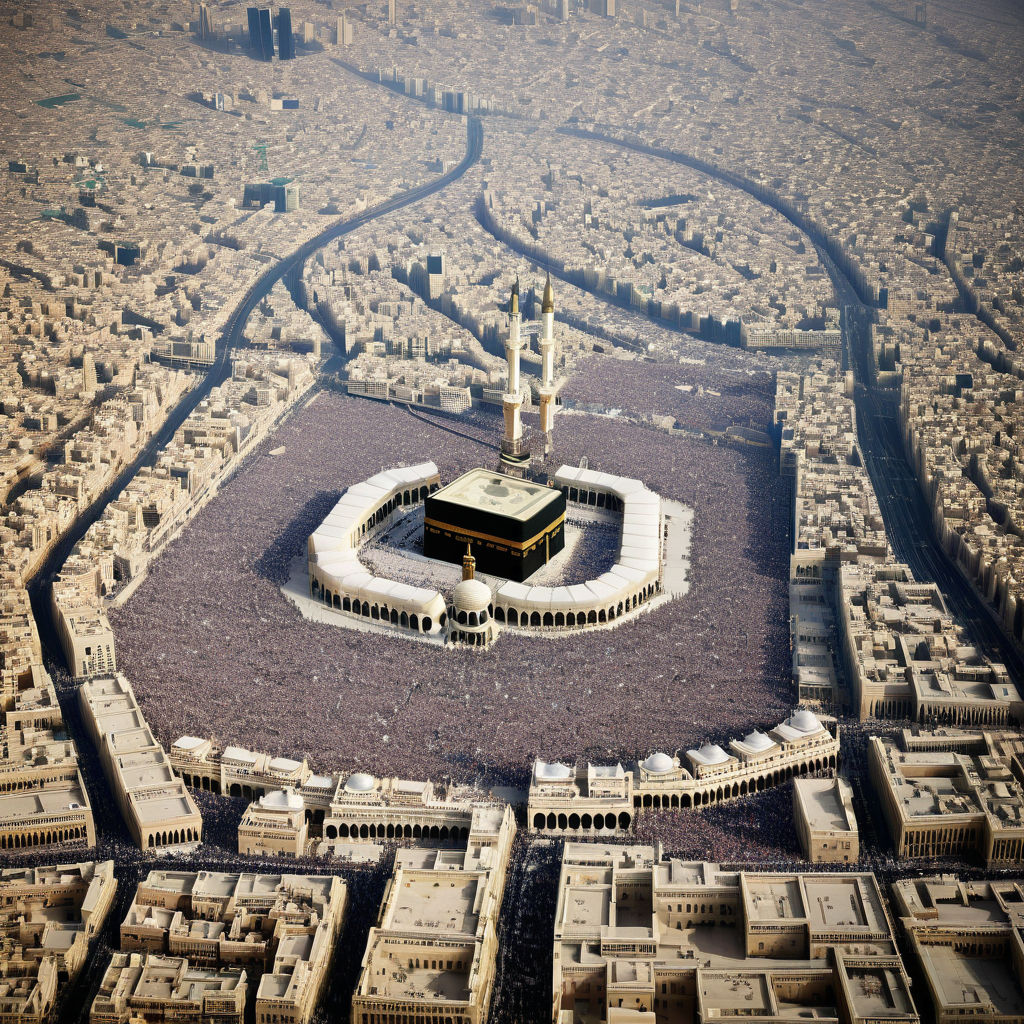Discover Saudi Arabia: A Cultural Crossroads of the Middle East
Exploring Saudi Arabia's Rich Cultural Heritage, Social Dynamics, and Cross-cultural Understanding

Introduction to Saudi Arabia
Saudi Arabia, officially known as the Kingdom of Saudi Arabia, is located in the Middle East on the Arabian Peninsula. It is bordered by Jordan and Iraq to the north, Kuwait to the northeast, Qatar, Bahrain, and the United Arab Emirates to the east, Oman to the southeast, and Yemen to the south. The Red Sea lies to its west and the Persian Gulf to its east. Major cities include Riyadh (the capital), Jeddah, Mecca, Medina, and Dammam. Saudi Arabia’s rich cultural heritage is deeply rooted in Islamic traditions, and it is home to the two holiest cities in Islam, Mecca and Medina. The country’s culture reflects a blend of ancient Bedouin traditions and modern influences, evident in its architecture, arts, and societal customs.
Cross-national and Cross-cultural Understanding
Saudis generally perceive and engage with other cultures with a mix of curiosity, respect, and a strong sense of their own cultural identity. The Kingdom’s strategic importance and its central role in the Islamic world have historically made it a crossroads of cultures. Saudi Arabia actively promotes cross-cultural understanding through various initiatives and programs. Significant cultural exchanges and educational programs highlight Saudi Arabia’s commitment to fostering global engagement. Institutions such as the King Abdulaziz Center for World Culture (Ithra) and the Saudi Commission for Tourism and National Heritage promote Saudi culture internationally through events, exhibitions, and cultural exchange programs. Additionally, the government supports scholarships and exchange programs, such as the King Abdullah Scholarship Program, which facilitates academic and cultural exchanges, fostering mutual understanding. International partnerships also enhance cross-cultural understanding. Saudi Arabia is an active member of international organizations such as the United Nations, the Gulf Cooperation Council (GCC), and the Organization of Islamic Cooperation (OIC), promoting cultural cooperation and exchange. These partnerships facilitate student exchanges, collaborative research projects, and cultural festivals, strengthening Saudi Arabia’s cultural ties with the world.
Interactions and Social Dynamics
Interactions between Saudis and foreigners are typically characterized by respect, formality, and a strong sense of hospitality. Saudi social behaviors are influenced by cultural values such as "hospitality," "family," and "honor." These values are often reflected in the way Saudis engage with outsiders. Social behaviors in Saudi Arabia emphasize respect and politeness in initial interactions, with greetings often involving a handshake or a verbal greeting, and sometimes a kiss on both cheeks among men, depending on the level of familiarity and respect. Hospitality is a significant aspect of Saudi culture, and guests are often treated with great care and generosity, frequently invited to share meals and participate in social gatherings. Communication styles in Saudi Arabia are generally indirect and formal. Saudis value politeness and avoiding confrontation, often using subtle language and non-verbal cues to convey their messages. Understanding these subtleties can be challenging for foreigners, but learning the language and cultural norms can help bridge this gap. Language plays a crucial role in facilitating interactions. Arabic is the official language of Saudi Arabia, while English is widely taught in schools and spoken by many in business and academia. Multilingualism is valued and encouraged, especially in educational and professional settings.
Views on Dating and Relationships
Dating and relationships between Saudis and foreigners are relatively rare and viewed through a conservative lens, heavily influenced by cultural and religious norms. Saudi society places a strong emphasis on family approval and adherence to Islamic principles in relationships. In Saudi dating culture, relationships are typically pursued with a long-term perspective, with an emphasis on compatibility and family involvement. Gender roles are traditionally defined, with expectations for men to be providers and protectors, and for women to be nurturing and supportive. Public displays of affection are generally discouraged, and dating often takes place in private or family settings. Cultural expectations and traditions, such as the importance of family approval and adherence to religious practices, play a significant role in relationships. Understanding and respecting these cultural norms is essential for successful cross-cultural relationships in Saudi Arabia.
Marriage and Family
Marrying foreigners is accepted in Saudi Arabia, though it comes with specific social and familial considerations. Legal considerations for such marriages involve strict regulations governed by Saudi civil and Islamic law. Non-Muslim spouses are often required to convert to Islam, which can be a significant consideration for cross-cultural marriages. Socially, Saudi families may initially have reservations about cross-cultural marriages due to concerns about cultural differences and social compatibility. However, acceptance typically increases as relationships develop and families get to know the foreign partner. Family plays a central role in Saudi culture, and marrying into a Saudi family often involves participating in family gatherings and traditions. Common practices in cross-cultural marriages include celebrating both Saudi and foreign traditions, creating a blended cultural environment. For example, a couple might celebrate Saudi holidays like Eid al-Fitr and Eid al-Adha alongside holidays from the foreign partner’s culture.